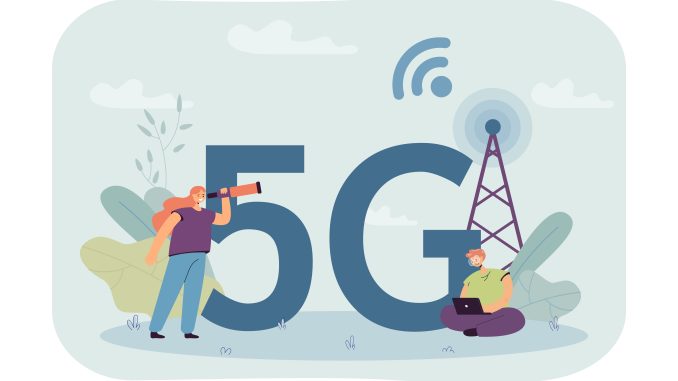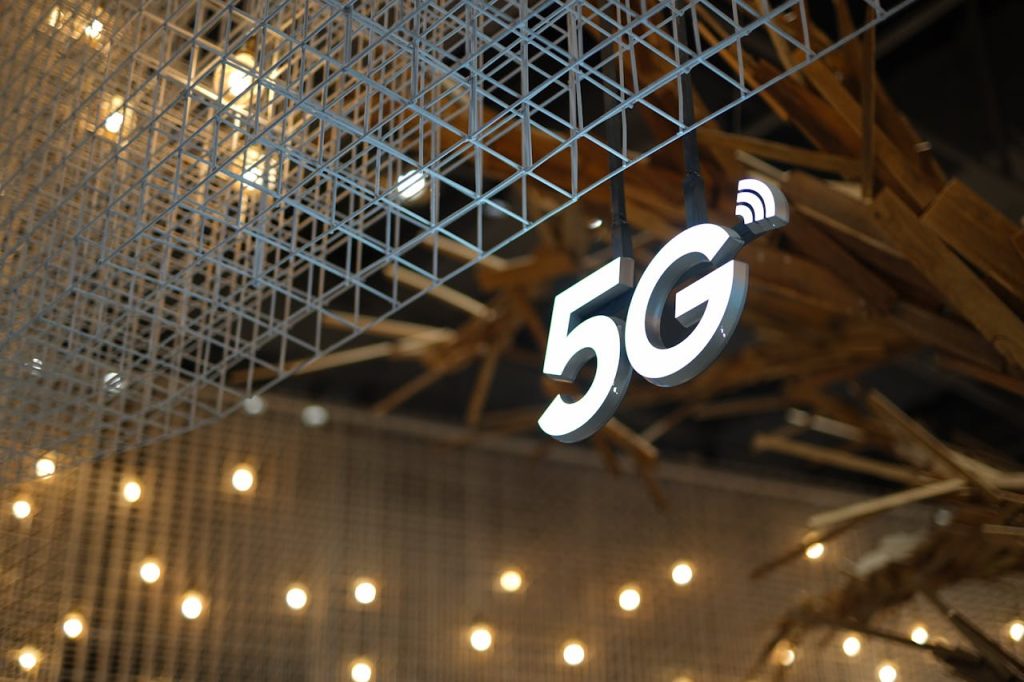
The advent of 5G technology marks a monumental shift in the landscape of mobile connectivity. As the fifth generation of mobile networks, 5G promises unprecedented speed, reduced latency, and a host of new capabilities that will revolutionize not only how we use our mobile devices but also how entire industries operate. In this comprehensive article, we delve into the various aspects of the 5G revolution and explore how it is transforming mobile connectivity.
1. Unprecedented Speed and Capacity
Lightning-Fast Speeds
One of the most notable advancements of 5G technology is its remarkable speed. 5G networks are capable of delivering data rates up to 100 times faster than 4G LTE, reaching speeds of up to 10 Gbps. This means that tasks such as downloading a high-definition movie, streaming 4K videos, or playing online games with high graphics can be accomplished almost instantaneously.
Increased Network Capacity
5G also significantly increases network capacity, allowing more devices to be connected simultaneously without a drop in performance. This is particularly important in densely populated areas where network congestion can be a major issue. With 5G, users can expect consistent, high-speed connectivity even in crowded urban centers or large events.
2. Ultra-Low Latency
Near-Instantaneous Response Times
5G technology is designed to deliver ultra-low latency, with response times as low as 1 millisecond. This near-instantaneous communication is critical for applications that require real-time responsiveness, such as autonomous driving, remote surgery, and interactive gaming.
Enhancing Real-Time Applications
The reduction in latency opens up a world of possibilities for real-time applications. For instance, virtual reality (VR) and augmented reality (AR) experiences will become more immersive and responsive, allowing for seamless interaction in virtual environments. Similarly, industrial automation and remote control of machinery will benefit from the precise, real-time communication enabled by 5G.

3. Empowering IoT and Smart Cities
Expanding the Internet of Things (IoT)
5G is set to be a game-changer for the Internet of Things (IoT), facilitating the connection of billions of devices. From smart homes to connected cars and wearable technology, 5G will support the massive data transfer required for these devices to communicate and operate efficiently.
Transforming Urban Infrastructure
Smart cities will become a reality with the implementation of 5G networks. These cities will leverage connected sensors, cameras, and other devices to manage resources more effectively, improve public safety, and enhance the overall quality of life for residents. For example, real-time traffic management systems can reduce congestion and improve transportation efficiency, while smart grids can optimize energy usage and reduce waste.
4. Revolutionizing Industries
Healthcare Innovations
The healthcare industry stands to gain significantly from 5G technology. Telemedicine will become more accessible and reliable, allowing doctors to diagnose and treat patients remotely with high-definition video consultations. Additionally, 5G will enable remote surgeries with robotic instruments, providing precision and control that were previously unattainable.
Advancements in Manufacturing
5G will also transform the manufacturing sector by enabling more efficient and flexible production processes. Smart factories will use interconnected machines and sensors to monitor operations in real time, predict maintenance needs, and optimize production lines. This will lead to increased productivity, reduced downtime, and improved product quality.
Agricultural Efficiency
In agriculture, 5G will support precision farming techniques, where data from connected sensors can be used to monitor soil conditions, crop health, and weather patterns. This data-driven approach will enable farmers to make informed decisions, leading to higher yields and more sustainable practices.
5. Enhancing Consumer Experiences
Immersive Entertainment
5G will revolutionize the way we consume entertainment. With its high-speed connectivity, users can enjoy seamless streaming of ultra-high-definition content, including 4K and 8K videos. Virtual reality and augmented reality applications will become more mainstream, offering immersive gaming and interactive experiences that were previously limited by network capabilities.
Improved Mobile Experiences
Mobile users will experience significant enhancements with 5G. The faster download and upload speeds will improve everything from browsing the internet to using data-intensive applications. Video calls will have higher quality and lower latency, making remote communication more effective and enjoyable.
6. Addressing Challenges and Concerns
Infrastructure Development
The rollout of 5G requires substantial investment in infrastructure. Unlike previous generations, 5G relies on a dense network of small cell sites, which must be deployed throughout urban and rural areas. This extensive infrastructure development poses challenges, particularly in regions with less existing telecommunications infrastructure.
Security and Privacy
As 5G connects more devices and transfers more data, ensuring the security and privacy of these communications becomes increasingly important. Protecting against cyber threats and maintaining the integrity of data will be crucial as more critical services and industries rely on 5G connectivity.
Conclusion
The 5G revolution is set to transform mobile connectivity and drive innovation across numerous industries. With its unprecedented speed, ultra-low latency, and massive capacity, 5G will enable new applications and experiences that were previously unimaginable. From empowering IoT and smart cities to revolutionizing healthcare, manufacturing, and agriculture, the impact of 5G will be profound and far-reaching.
If you want to read more information about how to boost traffic on your Website just visit –> The Insider’s Views.
Leave a Reply